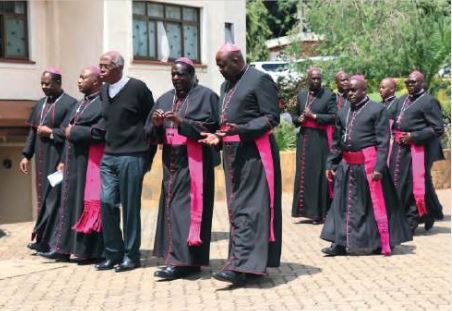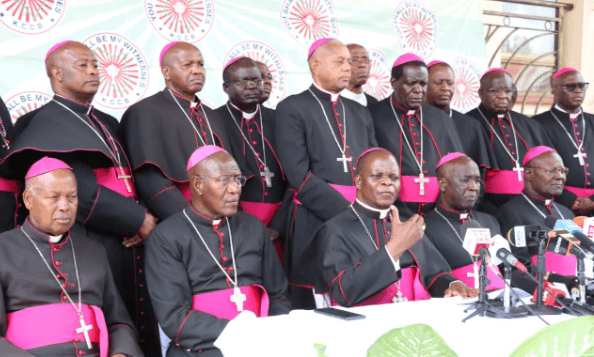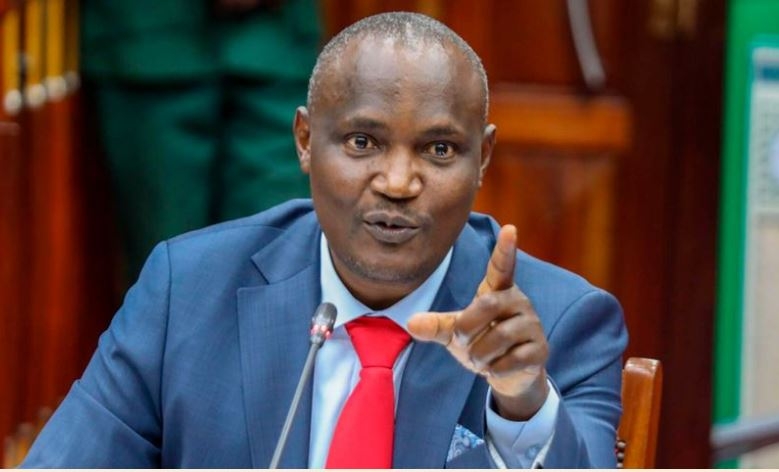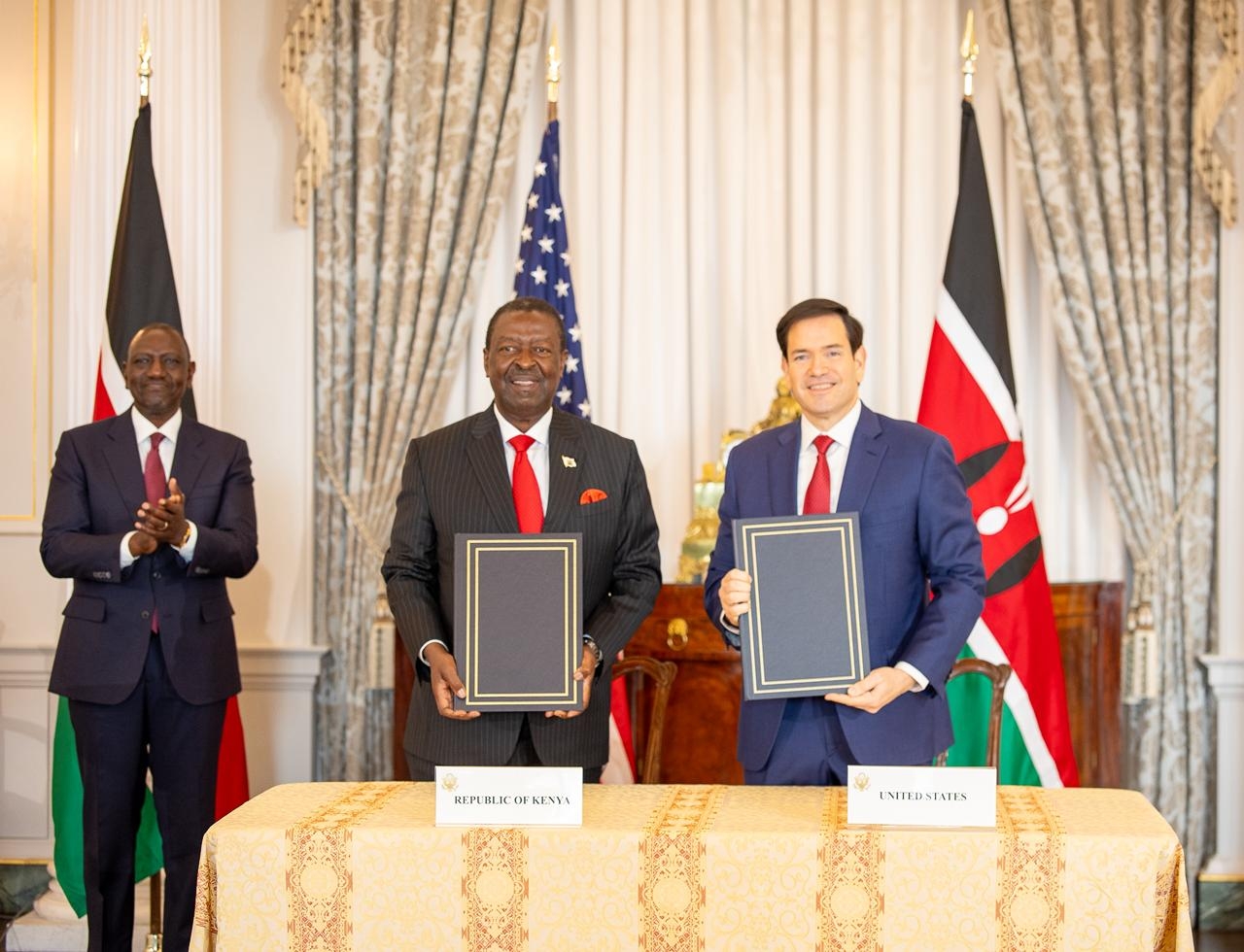
The recent stinging critique from the Catholic bishops of President William Ruto’s government highlights a disconnect between the promises made during the 2022 election campaign and the current state of governance in Kenya.
Ruto’s handlers have castigated the religious leaders dismissing them as haters calling a molehill a mountain and hellbent on fanning disharmony.
Be that as it may, many Kenyans agree that the country is not on a sound governance and economic footing and urge immediate corrective restoration.
How exactly have our politics and politicians failed to live up to expectations?
During the 2022 election campaign, President Ruto promised to address Kenya’s economic difficulties, pledging to lower the cost of living, improve employment rates and reduce poverty.
However, many Kenyans continue to face high inflation, rising food prices and a heavy tax burden.
The situation is made worse by increasing public debt and perceived misuse of funds, which contribute to economic instability.
The Catholic bishops highlighted social injustices, such as corruption, inequality and the lack of proper governance.
While the Ruto administration pledged to fight corruption and bring transparency, there have been ongoing concerns about nepotism, favouritism in government appointments and a lack of accountability in public offices.
Transparency remains an issue, with questions over how public funds are utilised.
Abductions, disappearances and extrajudicial killings have created a climate of fear.
These incidents indicate a failure to establish a secure and fair justice system, and they reflect negatively on law enforcement agencies.
Ruto’s administration committed to improving security and upholding the rule of law, yet these instances suggest that state actors may still be operating with impunity.
Ruto’s campaign focused heavily on empowering farmers and boosting agriculture, particularly through his “bottom-up” economic model. Many rural communities, however, feel that these promises have not been adequately fulfilled.
Farmers continue to struggle with access to markets, fair prices and resources, creating disillusionment about promised rural empowerment.
Failure to reflect biblical leadership principles is another issue high on the bishop’s report card.
You see, this government rode to power on the back of religion. Ruto, the candidate, crisscrossed the country hugging and waving the Bible.
His speeches were laced with biblical, and where possible Koranic, anecdotes.
Both the Bible and Koran emphasises qualities like integrity, justice, humility and service in leadership, drawing from examples like Moses, who prioritised the welfare of the people and led with humility and, King David, who, despite flaws, sought forgiveness and justice.
Indeed, the prophets were known for speaking out against injustice and corruption without fear.
However, current politicians often seem to stray from these ideals, focusing instead on self-interest, power retention and wealth accumulation.
The biblical ideal of leadership is one that is servant-hearted, prioritising the common good, ensuring justice for the marginalised and governing with accountability.
But all is not lost yet, President Ruto and his team can still redeem themselves. How so?
Leaders need to be transparent in governance and ensure accountability for the use of public resources.
In so doing, anti-corruption efforts must be genuine, with an empowered and independent Judiciary, and clear consequences for those involved in graft.
Addressing the issue of abductions and extrajudicial killings requires strengthening oversight of security forces and reinforcing the independence of institutions tasked with protecting human rights.
There should be zero tolerance for violations of human rights, and those responsible should face justice.
Politicians should embrace the concept of servant leadership—leading with humility, seeking to uplift the vulnerable and focusing on policies that benefit the people rather than entrench political power.
This requires a cultural shift in political values, moving from self-enrichment to genuine public service.
Efforts must focus on tangible economic reforms that directly impact the average citizen, like lowering the cost of living, creating jobs and fostering economic opportunities for youth and women.
The agri-cultural sector, being the backbone of Kenya’s economy, needs more substantial investment and support. Long-term stability requires robust institutions that are not manipulated by political interests.
A fair and transparent electoral system, independent judiciary, and accountable public service are essential.
Reforming and depoliticising key institutions can help restore public trust. Implementing policies that reduce inequality, promote equitable development and ensure access to basic services like education, healthcare and housing can heal social divisions.
Investing in education and vocational training will empower citizens to be more self-reliant and innovative.
To rebuild trust, Kenyan politicians need to embody values that
align with biblical principles of
leadership.



















